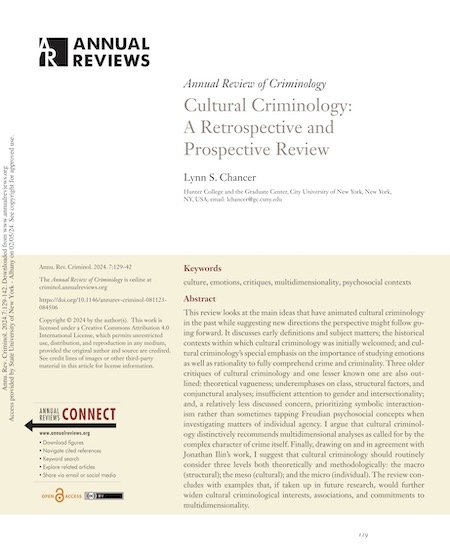By Pat O'Malley
Over recent years, the governance of crime - from policing and crime prevention to sentencing and prison organization - has moved away from a focus on reforming offenders toward preventing crime and managing behaviour using predictive and distributional (such as risk) techniques.
Crime and Risk presents an engaging discussion of risk strategies and risk-taking in the domain of crime and criminal justice. It outlines the broad theoretical issues and political approaches involved, relating risk in contemporary crime governance to risk in criminal activity. Taking a broad and discursive approach, it covers:
- Risk-taking and contemporary culture
- The excitement associated with risk-taking and the impact of criminal activity
- The application of risk-oriented developments in crime prevention and control
- The use of genetic and related biotechnologies to assess and react to perceived threats
- The conceptualization of risk in relation to race and gender
- The influence of excitement upon criminal activity
- Evidence and accountability.
SAGE Publications, May 5, 2010, 112 pages





